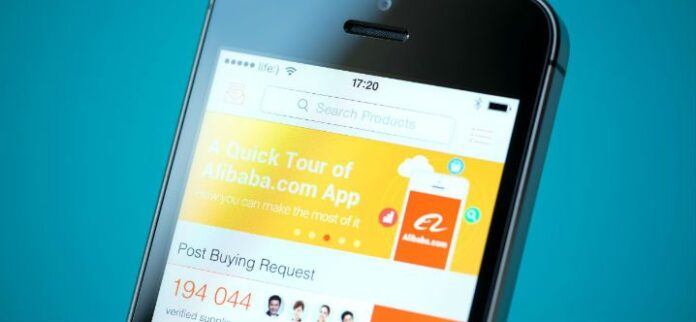Amazon will sell directly to Chinese consumers
American e-commerce heavy hitter Amazon on March 8 announced it will open a store on its Chinese competitor Alibaba’s digital shopping platform Tmall.
Tmall, unlike other online market places that mostly facilitate the transaction between consumers and stores, brands, or other individual sellers, is essentially an online shopping mall where companies can establish virtual stores to sell their products directly to consumers.
By opening its own Tmall store, Amazon is looking to expand its footprint in China.
An Alibaba representative was quoted on CNN as saying,”[Amazon’s] presence will further broaden the selection of products and elevate the shopping experience for Chinese consumers on Tmall.”
Amazon apparently plans to use its store as a platform to market a plethora of goods made by American companies that are in high demand in China.
Currently Alibaba, the company that owns and operates Tmall, is the largest online marketplace in the world. It is bigger in number of users, transactions and products, than Amazon and Ebay combined, and its IPO last year on the New York Stock Exchange set a record at $25 billion.
As Amazon looks to expand its footprint in China, Alibaba has been looking to expand its presence in the U.S.
Alibaba founder Jack Ma reportedly sees his company as occupying a different market niche than Amazon.
In a 2014 Bloomberg TV News Conference in reference to Alibaba’s potential future after its IPO, Ma said, “We are coming here not to compete, we’re coming here to help a lot of small businesses, which I think a lot of things may need to be done. It’s not a competition [with Amazon].”
Amazon’s move to Tmall also helps to legitimize Alibaba’s attempts to tackle the rampant intellectual property violations that are present on its platform.
Amazon’s embracing of Tmall could prove to be a very lucrative business move. In 2011, The Economist reported that 55% of luxury goods purchased by Chinese citizens were bought outside of China.
Due to high tariffs and the proliferation of knock offs and fakes, Chinese consumers purchasing goods through Tmall could guarantee brand integrity.

